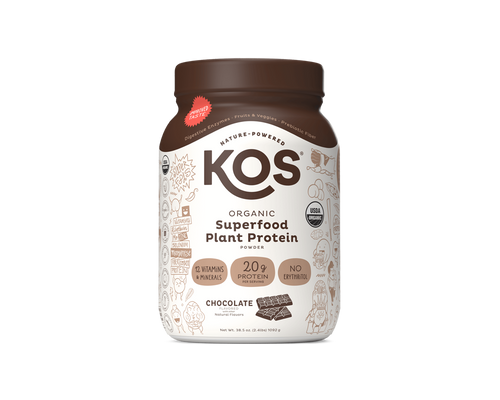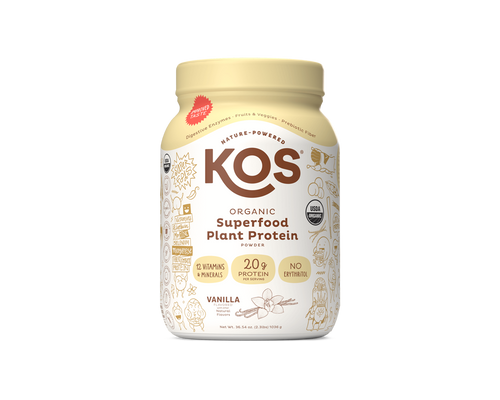Table of Contents
Pea Protein vs Whey Protein
As most people know, protein is essential for building muscle and managing weight. Whey protein and pea protein are two of the most common types of protein supplements available in the market today -- whey being animal (milk) based, pea being...well, pea-based.
That is, one comes from the meat production industry, and one from the plant kingdom. But with so many protein supplements available, it's likely difficult to figure out which one best suits your needs and your lifestyle.
That’s where this little essay comes in. Let's talk about the key differences between whey protein and pea protein, their amino acid profiles, and — yes — the comparative pros and cons of each protein powder type.
What is Pea Protein?
As one might guess from its name, pea protein is protein derived from peas. Pea protein is a plant-based protein powder made from yellow split peas, to be exact. Pea protein is higher in essential amino acids than whey protein, making it a great source of complete protein for vegetarians and vegans—and for anyone else who cares to enjoy the benefits of pea protein, of course.
Pea protein is easily digested and metabolized, and can be used as a broad nutritional supplement or source of dairy-free protein. Compared to whey protein, pea protein tends to have a milder flavor, but that is a generalization that doesn't take into account various manufacturer's flavor profiles.
Pea protein is a good source of potassium, vitamin B6, and essential amino acids, making it a healthy supplement option for anyone looking to increase their intake of these nutrients.
In summary, pea protein is a great vegan and vegetarian alternative to whey protein powder. With its dairy-free properties and amino acid profile, pea protein powder is a healthy supplement option for people of all ages looking to increase essential amino acids in their diet without the calories or lactose content of milk proteins.

What is Whey Protein?
Whey protein powder is a derivative of cow's milk, and is made during the cheesemaking process. The cow's milk is tested for safety, then enzymes are added to separate the curd—the milk solids to be turned into cheese— from the liquid whey. Then the liquid whey is pasteurized, killing any stray microbes with heat, and the protein is isolated.
Whey can be mixed with water or food to make shakes, smoothies, or other protein-rich foods. When pea protein and whey protein are compared on an equal footing, pea protein has been shown, in double-blind studies, to provide a muscle mass building effect that is equal to whey.
Pea vs Whey: How do Amino Acids Compare?
Pea protein and whey protein differ slightly in their amino acid profiles, if not in the effect they have on the building of muscle mass. Pea protein is high in arginine, lysine, and branched-chain amino acids (BCAAs), whereas whey protein is higher in cysteine and leucine.
It is the branched chain amino acids that directly affect muscle mass in a workout setting, making pea protein a potent tool in the personal fitness regimen, and without any of the additive doubts posed by whey and the meat-industry processes that produce it.
Pea protein is vegan and lactose-free, making it a great option for those with dietary restrictions, whereas whey protein contains dairy products. Whey is well-known as a producer of gas and bloating compared to plant-based proteins like pea.
Overall, pea protein is a healthier choice than whey protein when it comes to worrisome additives and enzymes that are a part of the cattle industry and factory farming.
Is pea protein good for muscle building?
The real question is, which protein source on balance will give you muscle gain with the least amount of possible complications. It's been shown that pea protein is equal to whey in the area of muscle gain. What's more, pea protein is hypoallergenic and typically easier to digest than whey protein, owing to whey's lactose-induced gas and cramping.
This makes pea protein a good source of clean-burning protein for those with dairy intolerance, vegan athletes looking for a muscle building boost, gym-goers who would rather not have to think of the additives of the cattle industry that produces whey as a by-product, and any other fitness enthusiast who wants to gain muscle mass without also gaining a gut full of inconvenient and painful gas.
When it comes to pea protein vs whey protein, both types of protein are terrific tools for muscle growth, so to a degree it comes down to personal preference, dairy intolerance, and choices that may also be based on meat industry practices and the resource-intensive nature of the cattle industry from which whey is derived.
The findings of the National Institutes of Health that pea protein and whey are indistinguishable in their effects on building muscle mass -- means that the above-named factors may enter into the protein consumer's decision on which to use.

Is whey or pea protein better for weight management?
Both pea protein and whey protein contain essential amino acids, essential fatty acids, carbohydrates, and vitamins and minerals essential for a healthy weight management program.
In terms of essential fatty acids, pea protein is higher in essential fatty acids such as omega-3s (e.g. α-linolenic acid) while whey protein is high in essential fatty acids such as omega-6s (e.g. linoleic acid).
The amino acids found in pea protein are digested more cleanly than those found in whey protein powder, as pea protein contains none of the animal fats that characterize whey protein. This means pea protein powder can be consumed without the need for digestive enzymes to aid its digestion.
Pea protein powder tastes similar to dairy-based proteins such as casein and whey protein powder, making it a viable alternative for vegan or lactose-intolerant individuals. Plant-based protein producers like KOS Naturals tend to create flavors in the plant-based protein category that are more user-friendly and delicious.
Pea protein powder is a clean-burning source of plant-based protein that can be used to support a weight management program. Further, pea protein includes essential fats and nutrients that support both muscle recovery and muscle growth.
The clean-burning nature of a plant-based protein regimen -- and the absence of gas-related discomfort -- makes pea protein the more comfortable of the two weight management options. Pea protein is also the less-processed of the two choices, making it the weight management solution that is arguably closer to what your body can work with.
When should I take protein powder in a daily protein regimen?
There are several answers to this question, some of them to do with personal preference. It is a fact, though, that if you drink your protein supplement after your workout, you should do so within 30 minutes of ending your session.
The sooner you consume protein after your workout, the faster you'll begin the muscle recovery process—the protein getting to work on repairing and rebuilding muscle tissues that were intentionally broken down during your workout.
The repair of micro-tears in the muscle mass itself is what constitutes muscle-building. A plant-based protein shake makes for an effective post-workout snack, too. Hunger is not what one usually feels after a workout, but you nevertheless need the nutrients after that sweaty, metabolic effort at the gym.
A plant-based protein ingested immediately following the workout also provides the natural fiber to give you that feeling of satiety (or ”fullness”), that not only discourages you from reaching for junk food, but can help support your weight loss regimen.
What are the negatives of Pea Protein?
Pea protein contains purines, which could exacerbate gout in people who are susceptible to gout. And in the course of the protein extraction process, certain of the dry peas’ nutrients may be removed.
Split peas—the source of pea protein— provide good amounts of magnesium, folate, and potassium, but labels tend not to indicate how well these ingredients are represented in the post-process pea protein powder.
Pea protein isolate is also missing some of the pea’s carbohydrate compounds, those that support your gut’s microflora.
Pea Protein vs Whey Protein
Pea protein powder is a plant-based protein powder made from pea protein isolate. It’s lactose-free and gluten-free, making it a suitable option for those with allergies or sensitivities to dairy and gluten. Pea protein powder is easily digested by the body and is particularly beneficial for individuals with lactose intolerance or vegan diets.
Due to its high amino acid content, pea protein powder can help boost muscle mass and aid in weight loss. It’s best to add pea protein powder to smoothies, oatmeal, or simply drink it with water.
Whey protein offers the same muscle-building and nutritive benefits, but comes packaged with gassiness, bloat, and occasional cramping due to the active lactose and dairy components inherent in the whey-making process, which is related to cheese production.

FAQs
Is there a way to use both pea and whey at the same time, or do they need to be separate?
Yes, it is possible to use pea protein and whey protein together. In fact, combining the two can be beneficial in achieving your desired fitness goals.
Pea protein is a plant-based source of protein that is high in fiber, antioxidants, and minerals such as iron, zinc, and magnesium. When using pea protein and whey protein together, it’s important to consider their individual characteristics and benefits. It's also important to remember that plant-based proteins are a potent alternative to gas-causing whey protein, and pea protein -- like whey protein -- prominently features the branched chain amino acids that are the root of muscle mass building.
What other uses might pea protein have besides being used as a health supplement for weight loss?
Pea protein powder can be included in baking recipes to provide an extra protein boost and a unique texture. Pea protein powder can also serve as a thickener or stabilizer in sauces, dressings and soups. In vegan cooking, pea protein powder can even be used as an egg replacement to bind ingredients together.
How much do I need to take of each in order to see results?
The amount of protein you need to consume in order to see results is dependent on your individual goals. Generally, it is recommended that you consume between 0.8-1.2g per kg of bodyweight per day.
In other words, a person who weighs 165 pounds, for instance (75 kilograms), should consume 60 grams of protein per day. This can vary depending on the type of protein source you’re using and your physical activity levels.






